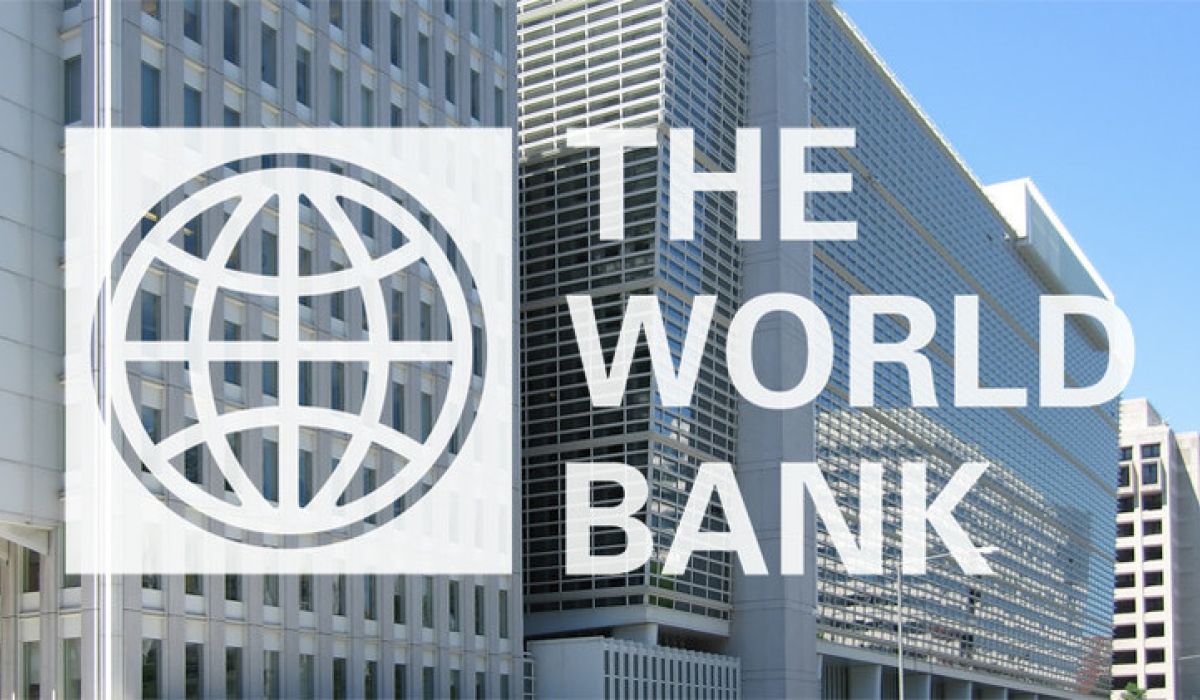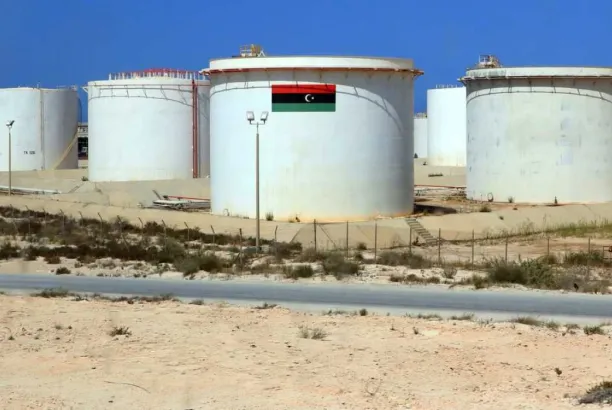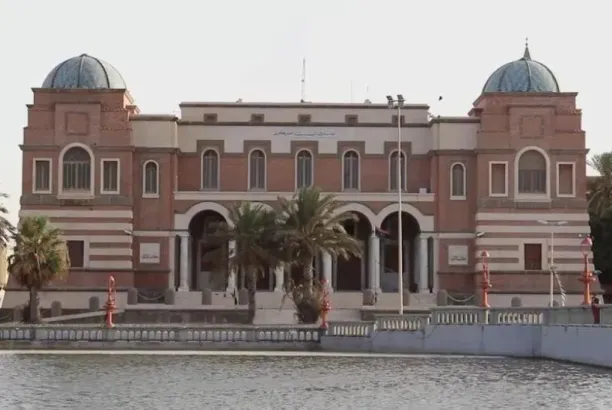On Sunday, the World Bank published a report warning of the increase in public debt in Libya, which has reached a level equivalent to 126% of government revenues, at a time when overall spending on salaries has increased.
The long-term effects of rising prices and food insecurity in the Middle East and North Africa region were also highlighted in the report.
By January 2023, oil production in Libya had recovered to 1.2 million barrels per day, partially due to a 15% expansion in the non-oil sector as a result of the financial incentives offered by the authorities. However, the Bank sees the fragile security and political context as undermining the work of institutions in Libya, as armed conflicts, protests, and maintenance disruptions have hampered oil production and exports, causing the economy to shrink by 1.2% in 2022 due to restrictions related to the oil production conflict.
The Bank considered the financial policy adopted in Libya for 2022 as expansionary, with a 49% increase in overall government spending and an unprecedented increase in the public sector salary bill, specifically by 53%.
The Bank also noted the lack of transparency and unity in public finance in Libya, where there are two governments and central banks, and salaries represent 25.4% of the gross domestic product, making it the largest sector of expenditure and on an upward trend.






